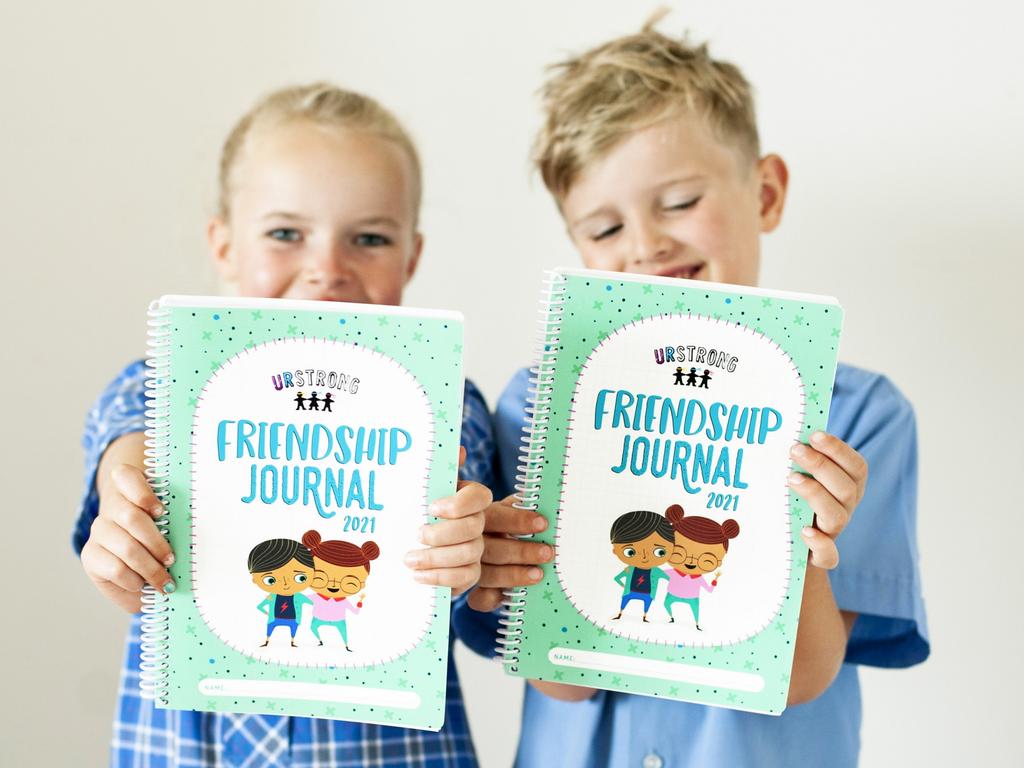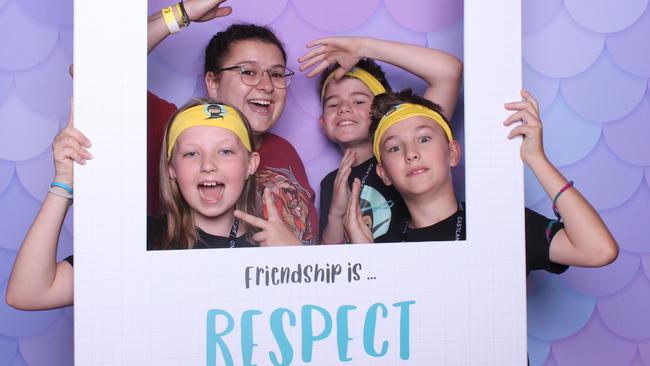Educators are calling for a community approach to make lessons in healthy friendships just as important as other childhood basics like learning to read and write
Making friends is one of the most important lessons kids learn in life – and they are doing a pretty good job of it, new research shows.
The University of Adelaide’s Resilient Youth: State of the Nation Report 2023 shines a light on the positive force friendships are in the lives of Aussie children. The report reveals almost 76 per cent of primary school students say they always have at least one good friend at school, while less than 10 per cent say they only rarely or sometimes have at least one good buddy.
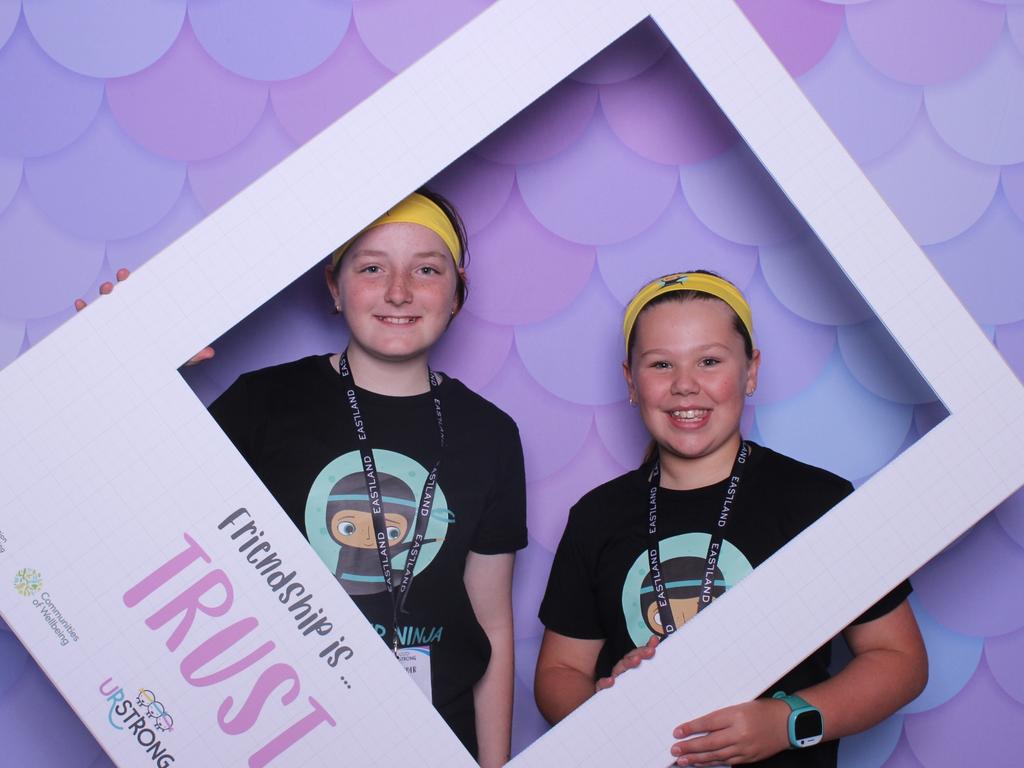
More than half of primary students (55 per cent) also report they are always good at keeping friends, and three-quarters say they always or often get along with people who are different to them.
The results highlight the importance of teaching friendship skills in schools just like traditional lessons in maths, reading and writing, according to those behind the URStrong “friendology” program.
URStrong empowers* children with the skills to make and keep healthy friendships and is being delivered in a growing number of schools, including more than 20 in the Victorian council area of Maroondah.
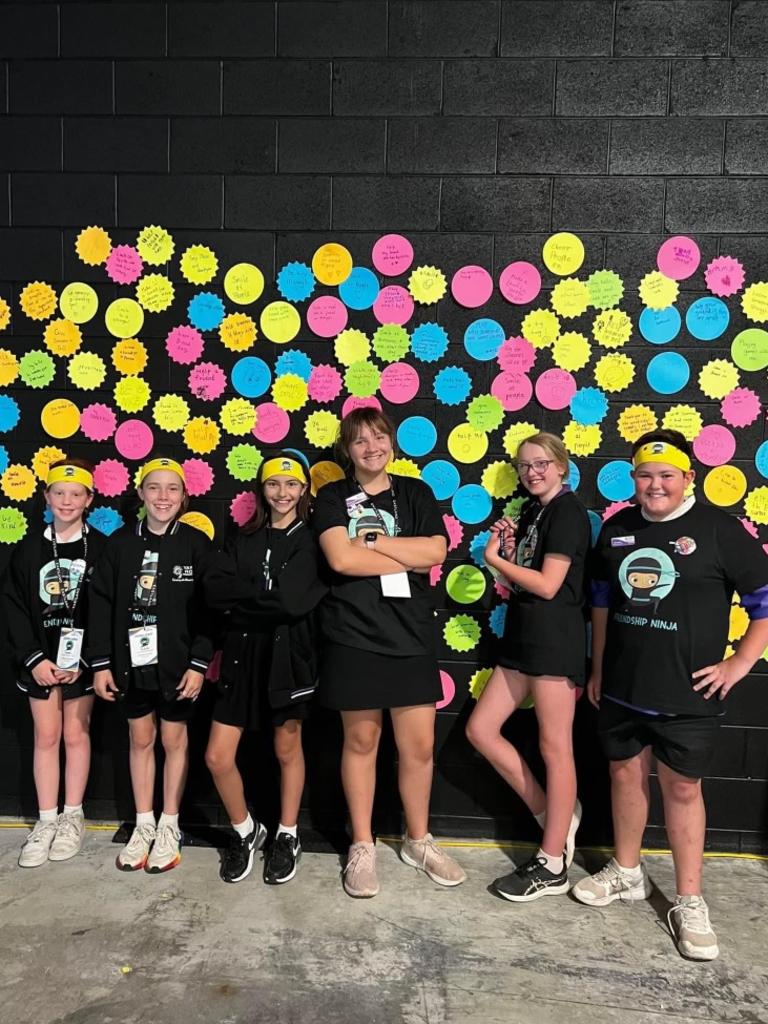
The program has also formed an Australian-first partnership with Maroondah’s Eastland shopping centre, which provides a dedicated room known as the Friendship Ninja Zone for primary school students to come and learn about healthy friendships.
Veteran* educator Edwina Ricci, who helps deliver the URStrong program in Maroondah as part of the Communities of Wellbeing not-for-profit group, said friendship skills were just as important to a child’s future as other learning basics.
“We know that healthy friendships are crucial* for the wellbeing of children and also their school performance,” Ms Ricci said. “But, until recently, learning about how to have healthy friendships really wasn’t a core part of a student’s education.”
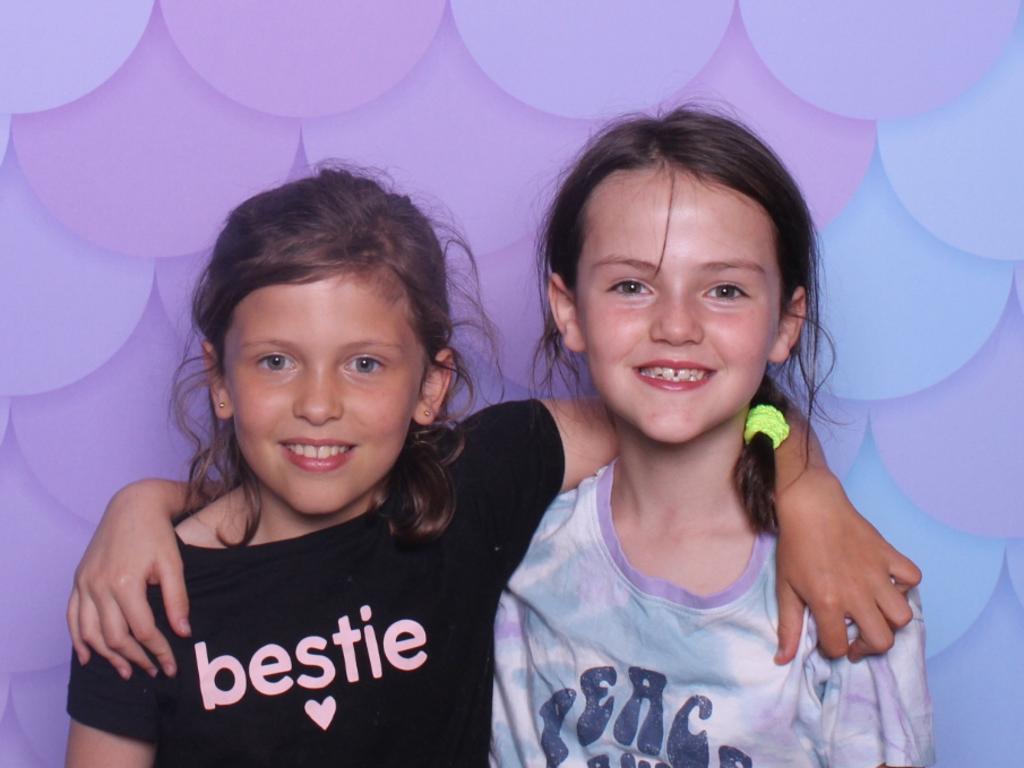
Eastland’s head of community relations, Jodie Murphy, said it wasn’t just schools that had a responsibility to teach children about healthy friendships.
“It’s really important for the whole community to play a role in educating children about healthy friendships because friendship skills mean happier, more resilient children,” Ms Murphy said. “It is something we all need to be part of, whether we are a sporting club, community group or shopping centre.”
Ms Ricci said that while the Resilient Youth: State of the Nation Report painted a positive snapshot* of children’s friendships, these young relationships needed plenty of care.
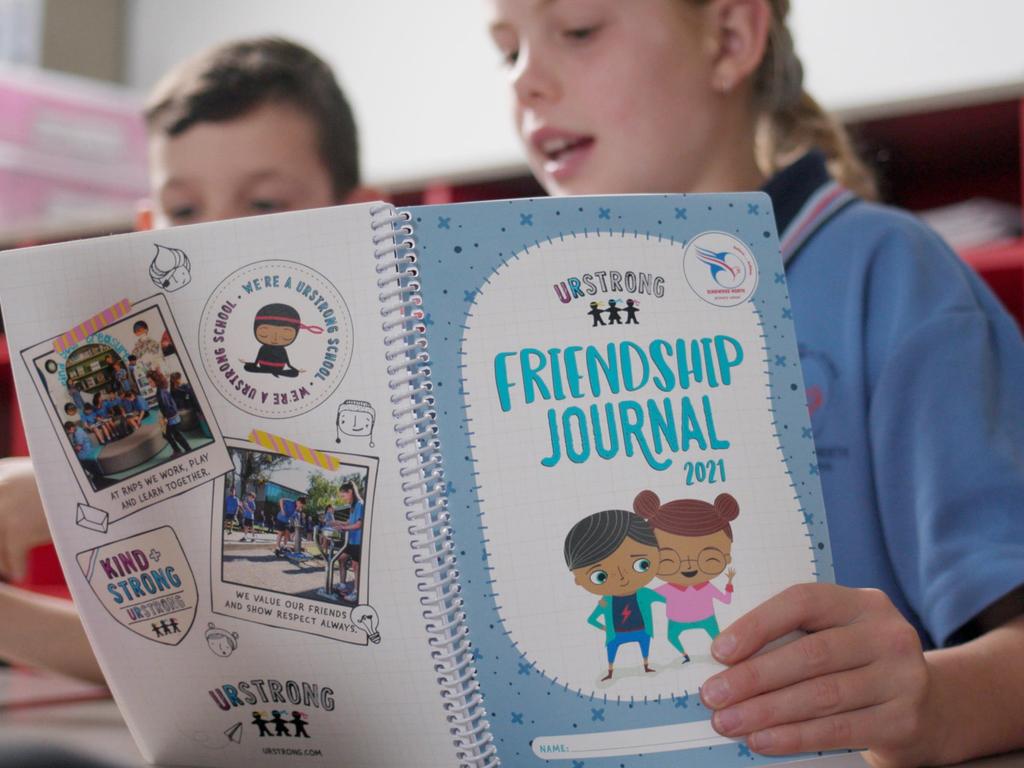
Here are URStrong’s five steps to making a new friend:
1. Introduce yourself
Hold out your hand, look the person in the eye and say, “Hi! My name is …”
Smile and follow up with, “What’s your name?”
Wait for them to answer and respond with something like, “It’s nice to meet you.”
To take it further, ask them another question or make a comment about the situation you are in.
2. Show positive body language
Tune into your body language and how that might make others feel. Make sure your body language is sending the right messages. It’s okay to feel shy sometimes but make sure your body language is still friendly and shows that you care and are interested.
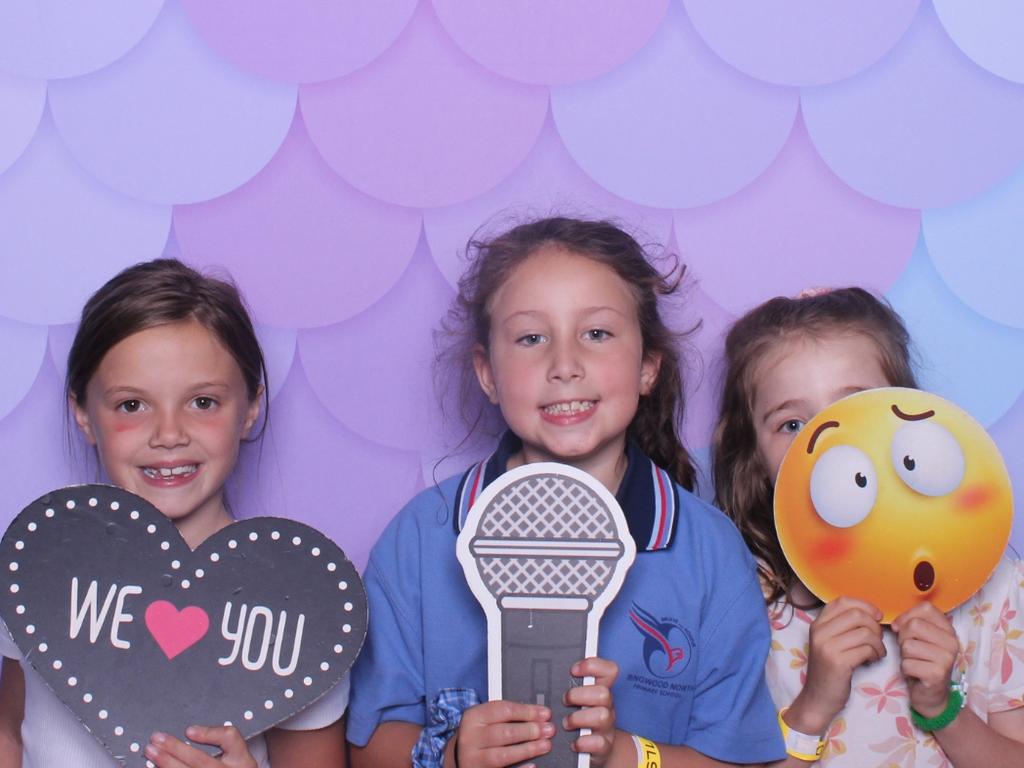
3. Learn the art of conversation
Conversation is like a game of catch, where you play “ask and pass” with the person you are talking to. Ask them a question and then pass it over to them. They then ask you a question and pass it back to you, and so on.
4. Turn it into a friendship
Friendships don’t magically happen, you need to put in some effort. Try to find something you have in common during your conversation. Once you have found that, ask the other person to hang out with you. It’s a great idea to have an activity in mind, such as “Do you want to go on the monkey bars?”
5. Put yourself out there
Remember to be true to who you are and find one thing you have in common with the other person. Ask questions. Be both interested and interesting.
* Source: URStrong founder Dana Kerford
